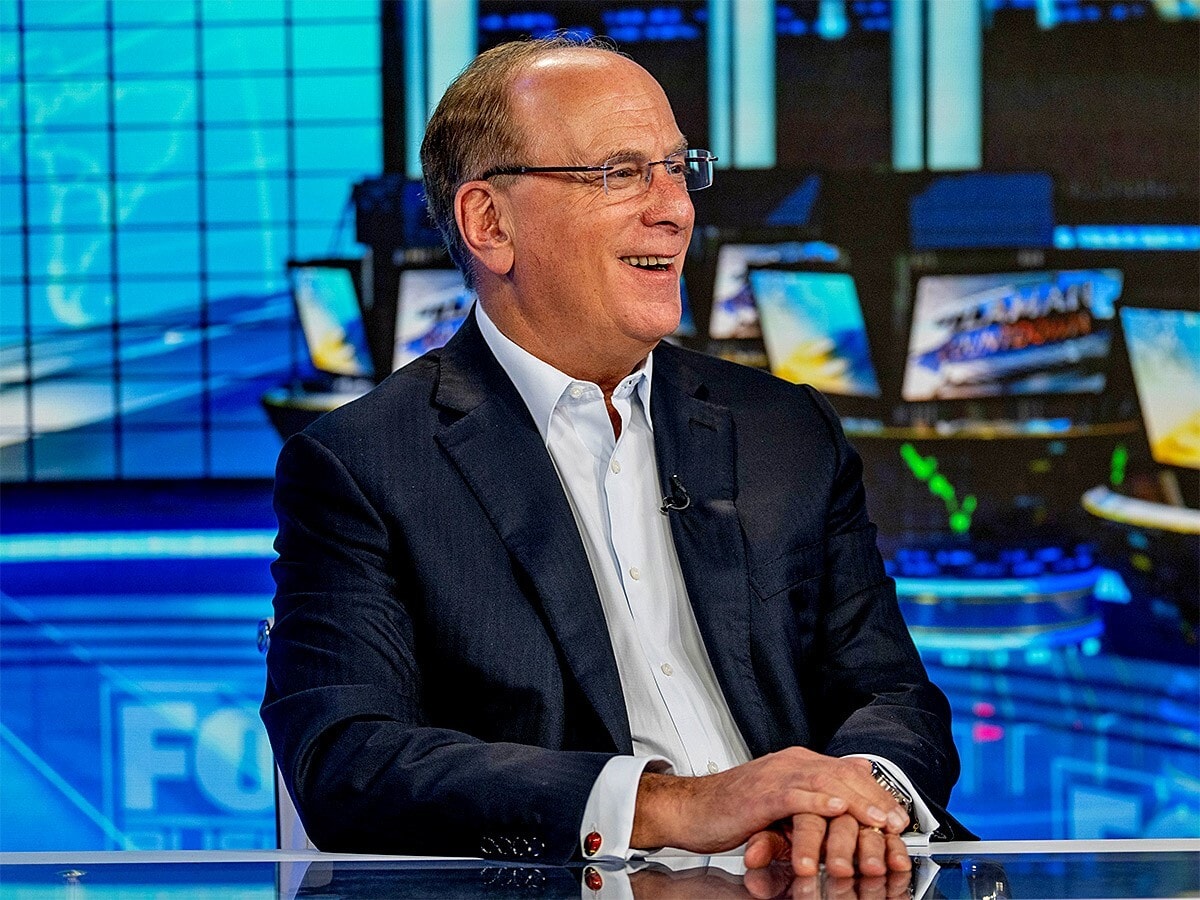BlackRock has taken a $17m hit due to Russian sanctions. Uncertainty over its exposure in China has also kept its share price in check, but the investment bank has had record fund inflows over the last few of quarters and analysts believe the stock could rebound if the momentum continues.
The world’s largest asset manager, BlackRock [BLK], is expected to post an 18.7% hike in year-over-year earnings per share and a 11.4% rise in revenues when it reports its first quarter figures on 13 April as the economy recovers from the pandemic. However, gains will be subdued on account of a write-off of its Russian assets.
According to analysts at Zacks, BlackRock is expected to report quarterly earnings of $9.22 per share and revenues of $4.9bn.
The estimates mark a continuation of the December quarter’s solid performance, in which the bank beat street expectations. Investors are increasingly interested in active investment strategies offered by Blackrock and interest in BlackRock’s iShares ETF platform for passive investors is still rising.
Its portfolio management software Aladdin for both institutional investors and wealth managers is also expected to boost the bottom line.
Analysts and investors will want to know how the bank is faring amid the turmoil and market volatility seen in the first three months of this year.
That includes the Russian-Ukraine war, which has dented market confidence. Rampant inflation, higher energy prices, central banks hiking interest rates and supply chain squeezes may all be worries for the stock.
Can BlackRock cope with market uncertainty?
On 24 March, BlackRock chief executive Larry Fink (pictured above) wrote in a letter to shareholders that the Russia-Ukraine war could spell the "end of the globalisation we have experienced over the last three decades”.
Even before Russia's invasion began, Fink was well aware that he was operating in unprecedented times. Despite the December quarter marking the “strongest organic growth” in its history, the BlackRock share price has dropped 9.5% over the last 12 months from $807 to $728.38 at the close on 11 April, with the most damage coming since the start of 2022.
The BlackRock stock price dropped nearly 28% from $915.56 on 31 December 2021 to $662.87 in early March as investors' nerves rippled through the market. Concerns about BlackRock's exposure to the China's property crisis and faltering economy, as well as its investments in Russia contributed to the stock drop.
BlackRock had to suspend trading on several of its Russia-exposed ETFs. According to a Financial Times, BlackRock has lost over $17bn on its Russian asset holdings since the invasion. Fortune magazine reported that BlackRock's iShares Russia ETF has seen its assets under management drop from $600m to under $1m.
Zacks states that the group’s high dependence on revenues from overseas is a concern but that its strong liquidity position and strategic acquisitions will keep driving revenue growth.
The BlackRock share price has recovered from the March dip, climbing almost 10% to the close on 11 April.
BlackRock’s track record
In its Q4 results, BlackRock posted earnings of $10.42 per share, beating forecasts of $10.23. It posted $10.18 the year before. Revenues came in at $5.10bn, up 14% on the same period a year before but just shy of forecasts of $5.15bn.
Assets under management climbed 15% to a best ever $10trn, driven by ETF inflows. Its total net inflows in Q4 came to $211.7bn.
Net income climbed 6% to $1.6bn and technology revenues, helped by Aladdin demand, climbed by $34m.
As for Q1’s upcoming results, according to MarketScreener analysts have a consensus ‘buy’ rating on the stock and an average target price of $909.77.
There is however, some caution. Morgan Stanley recently lowered its target price on BlackRock to $966 from $1,043. Analyst Michael Cyprys is concerned about the “challenging macro backdrop” which is likely to pressure investor flows, assets under management and earnings, reported The Fly,.
Disclaimer Past performance is not a reliable indicator of future results.
CMC Markets is an execution-only service provider. The material (whether or not it states any opinions) is for general information purposes only, and does not take into account your personal circumstances or objectives. Nothing in this material is (or should be considered to be) financial, investment or other advice on which reliance should be placed. No opinion given in the material constitutes a recommendation by CMC Markets or the author that any particular investment, security, transaction or investment strategy is suitable for any specific person.
The material has not been prepared in accordance with legal requirements designed to promote the independence of investment research. Although we are not specifically prevented from dealing before providing this material, we do not seek to take advantage of the material prior to its dissemination.
CMC Markets does not endorse or offer opinion on the trading strategies used by the author. Their trading strategies do not guarantee any return and CMC Markets shall not be held responsible for any loss that you may incur, either directly or indirectly, arising from any investment based on any information contained herein.
*Tax treatment depends on individual circumstances and can change or may differ in a jurisdiction other than the UK.
Continue reading for FREE
- Includes free newsletter updates, unsubscribe anytime. Privacy policy





